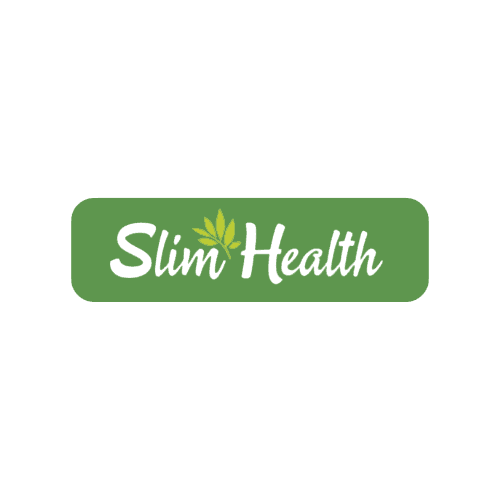Diabetes and hypertension are often called “silent killers” because they can develop without noticeable symptoms for years. Many people are unaware they have these conditions until serious complications arise, such as heart disease, kidney failure, or stroke. Prevention, early detection, and lifestyle changes are the best ways to protect against these life-threatening diseases.
Why Are Diabetes and Hypertension Considered Silent Diseases?
Both diabetes and hypertension can progress without obvious symptoms, making regular health check-ups essential for early diagnosis. Many individuals only discover they have these conditions when they experience severe health problems.
Diabetes: The Hidden Danger of High Blood Sugar
Diabetes occurs when the body cannot properly regulate blood sugar levels. Over time, uncontrolled diabetes can lead to severe complications, including:
- Heart disease and stroke
- Kidney damage (nephropathy)
- Nerve damage (neuropathy), leading to pain or loss of sensation
- Eye problems, including blindness
- Increased risk of infections and slow wound healing
Warning Signs of Diabetes:
Although it can remain undetected for years, some symptoms may appear, such as:
- Frequent urination
- Extreme thirst or hunger
- Unexplained weight loss
- Fatigue
- Blurred vision
- Slow-healing wounds
Hypertension: The Silent Killer of the Heart and Arteries
High blood pressure (hypertension) forces the heart to work harder, damaging blood vessels over time. It significantly increases the risk of:
- Heart attacks and strokes
- Heart failure
- Kidney disease
- Aneurysms (weakened blood vessels that can burst)
Warning Signs of Hypertension:
Most people with high blood pressure experience no symptoms. However, in severe cases, it may cause:
- Headaches
- Dizziness
- Shortness of breath
- Chest pain
Since symptoms often do not appear until the condition is severe, regular blood pressure monitoring is crucial.
The Power of Prevention: How to Reduce the Risks
While genetics can play a role in both diabetes and hypertension, lifestyle choices significantly influence their development. The best defense is prevention through healthy habits.
1. Maintain a Healthy Diet
- Reduce sugar and refined carbohydrates to prevent blood sugar spikes.
- Limit salt intake to keep blood pressure in check.
- Eat more fruits, vegetables, whole grains, and lean proteins.
- Choose healthy fats, such as those found in nuts, olive oil, and avocados.
2. Exercise Regularly
- Aim for at least 30 minutes of moderate exercise, such as walking, swimming, or cycling, most days of the week.
- Strength training can also help improve metabolism and heart health.
3. Maintain a Healthy Weight
- Excess weight increases the risk of both diabetes and hypertension.
- Losing just 5-10% of body weight can have a significant positive impact.
4. Monitor Blood Sugar and Blood Pressure
- Regular screenings help detect issues early before complications develop.
- Those at high risk should check their levels more frequently.
5. Manage Stress
- Chronic stress can contribute to high blood pressure and poor eating habits.
- Activities like meditation, deep breathing, and hobbies can help reduce stress.
6. Avoid Smoking and Excessive Alcohol Consumption
- Smoking damages blood vessels and raises blood pressure.
- Excess alcohol can lead to weight gain and increased blood pressure.
7. Get Enough Sleep
- Poor sleep can increase the risk of obesity, diabetes, and high blood pressure.
- Aim for 7-9 hours of quality sleep per night.
Regular Check-Ups: The Key to Early Detection
Even with a healthy lifestyle, regular doctor visits are essential. Routine blood tests and blood pressure monitoring can detect problems early, allowing for timely intervention.
Who Should Get Screened?
- Individuals over 40 should check their blood sugar and blood pressure regularly.
- Those with a family history of diabetes or hypertension should start screenings earlier.
- People who are overweight or have other risk factors should get tested more frequently.
Prevention Is the Best Medicine
Diabetes and hypertension may develop silently, but their impact can be devastating. Fortunately, adopting a healthy lifestyle and getting regular check-ups can significantly reduce the risk. Prevention is always better than treatment—by taking proactive steps today, you can protect your health for the future.
